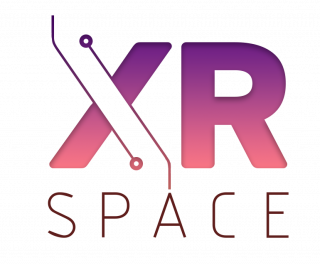Objectives
The project has two main objectives. First, it seeks to develop and utilize multi-dimensional analytics of vehicles operating in professional environments, e.g., in heavy, air, and maritime transport. The analytics covers the data collected from the activities of the operator, the device being operated, and the operating environment. Operation can take place in the vehicle, or they can be performed remotely. Applications of interest include both simulated and real operating environments.
The second objective is to take a step forward from the existing cartoon-like telepresence systems and connect remote people virtually with an edge-powered volumetric video communication system that supports real-time holographic-like interaction between multiple participants. The proposed photorealistic interaction can be deployed, e.g., in remote meetings, maintenance, training, and operation.
Impact
The XR-SPACE consortium is made up of a multifaceted and multi-disciplinary blend of top-notch Finnish industry and academic players, which is able to provide an excellent springboard to boost competitiveness of the whole Finnish XR ecosystem.
The ambitious goal of the project is to offer solutions to the global collaborative telepresence and remote-operation markets and find ways to address fundamental societal challenges such as improving safety, reducing ecological footprint and impact on climate change.
Funding
XR-SPACE project is funded by Business Finland and operates from June 2022 to end of December 2025.
Partners and co-operators
Tampere University coordinates the project. There are 11 project partners in the project, with two universities and nine companies in the field: Nokia, Creanex, Finnair, Groke Technologies, Metropolia University of Applied Sciences, Pohjola Vakuutus, SAAB Finland, Softability XReach, Taipale Telematics, Tampere University and Varjo (In-Kind). Check out the XR-SPACE project presentation (PDF).

